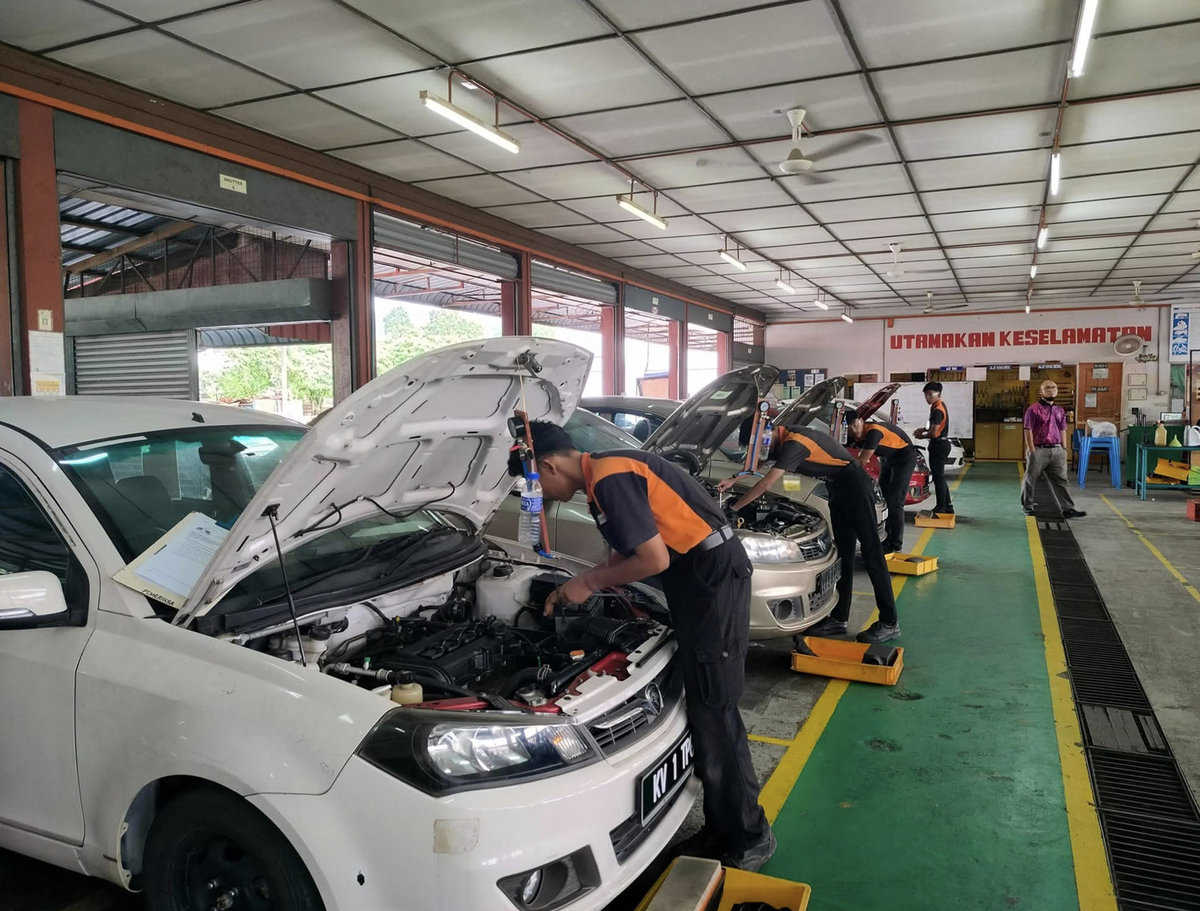PETALING JAYA: The Government-Industry TVET Coordination Body (GITC) has outlined key priorities for the next two to three years as part of its mission to strengthen Malaysia’s Technical and Vocational Education and Training (TVET) ecosystem and future-proof the workforce.
Its chairman Tan Sri Soh Thian Lai said while Malaysia currently records between 250,000 and 300,000 new TVET admissions annually across both public and private higher learning institutions, efforts are under way to boost these numbers further.
“This includes better coordination, more industry sponsorship and stronger job outcomes to attract more students into TVET.
“GITC is focused on aligning TVET programmes with industry needs by co-designing courses and expanding hands-on training through Work-Based Learning and the Dual Training Model nationwide,” he added.
Soh said GITC is working with employers and professional bodies to promote skills-based hiring and industry-recognised certifications, ensuring that individuals are recognised for their skills, not just academic results.
“To support job opportunities abroad, GITC is also collaborating with Asean partners and global accreditation bodies to ensure Malaysian TVET graduates can have their skills recognised regionally.”
He said digital and emerging technologies are also being integrated into TVET programmes, including artificial intelligence (AI), green tech, electric vehicles and data centre skills, through Centres of Excellence and industry partnerships.
Soh said in addressing Malaysia’s most critical skills gaps, GITC is prioritising areas such as digital and automation skills particularly in AI, robotics, data analytics and smart manufacturing.
He also said Malaysia urgently needs talent in data centres, cloud services and skilled technicians for high-tech sectors such as semiconductors, aerospace, precision tooling and medical devices.
“Soft skills such as communication, critical thinking and adaptability are equally important as these are essential for producing industry-ready graduates who can thrive in an increasingly fast-paced and competitive job market.”
Universiti Teknologi Mara Civil Engineering Faculty senior lecturer Dr Nuryantizpura Mohamad Rais said TVET is expected to become a key driver of Malaysia’s talent development agenda over the next decade, especially as the country embraces advancements in automation, sustainable infrastructure and transport technology.
Nuryantizpura, who is also serving as an industry adviser in railway infrastructure and renewable transport, said Malaysia will require a workforce that is not only technically skilled but also adaptable and aligned with industry needs.
“TVET institutions will be instrumental in preparing professionals to meet these demands whether it’s operating hydrogen-powered rail systems or supporting large-scale infrastructure initiatives under public-private partnerships.
“Malaysia’s progress will rely not only on academic excellence, but on the strength of a skilled, hands-on workforce capable of building, maintaining and innovating. That is the future TVET is preparing us for.”
She said while academic degrees remain a preferred choice among many students and families, there has been a slow but steady shift in attitudes as more students are now opting for TVET pathways, particularly in technical and industry-driven sectors.
“TVET is no longer a dead-end track, as graduates today can transition to diploma and degree programmes through structured pathways, especially under the Malaysian Qualifications Framework.”
She added that Accreditation of Prior Experiential Learning and micro-credentials support flexible, continuous learning that enables TVET graduates to pursue higher qualifications without leaving the workforce.
“Fresh TVET graduates typically earn between RM1,800 and RM2,500 a month, with higher pay in sectors like transport, energy, and engineering especially for those with industry-recognised skills or hands-on experience,” she said.









